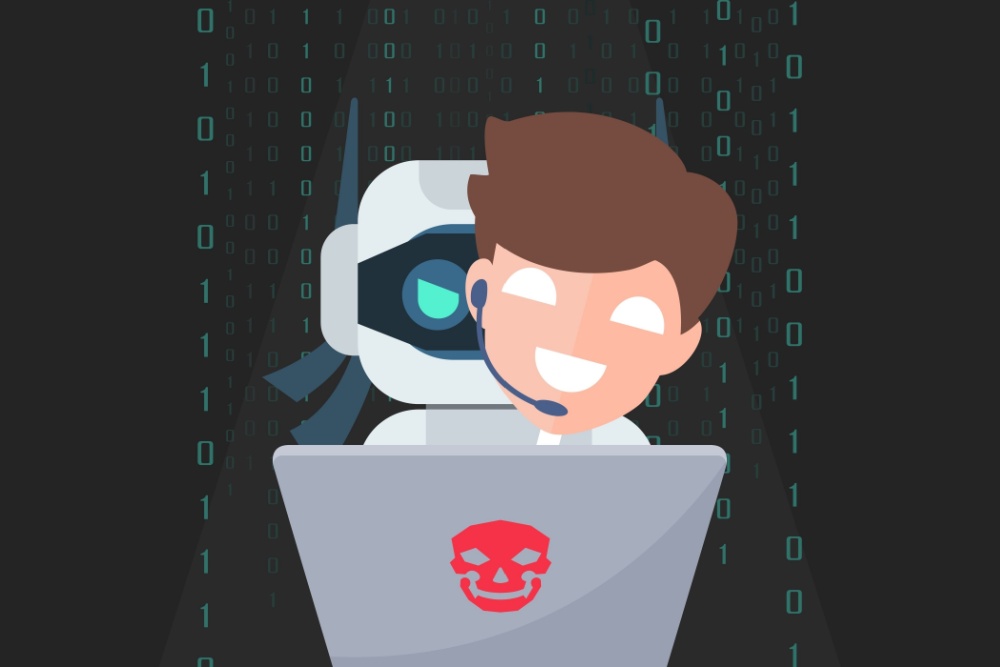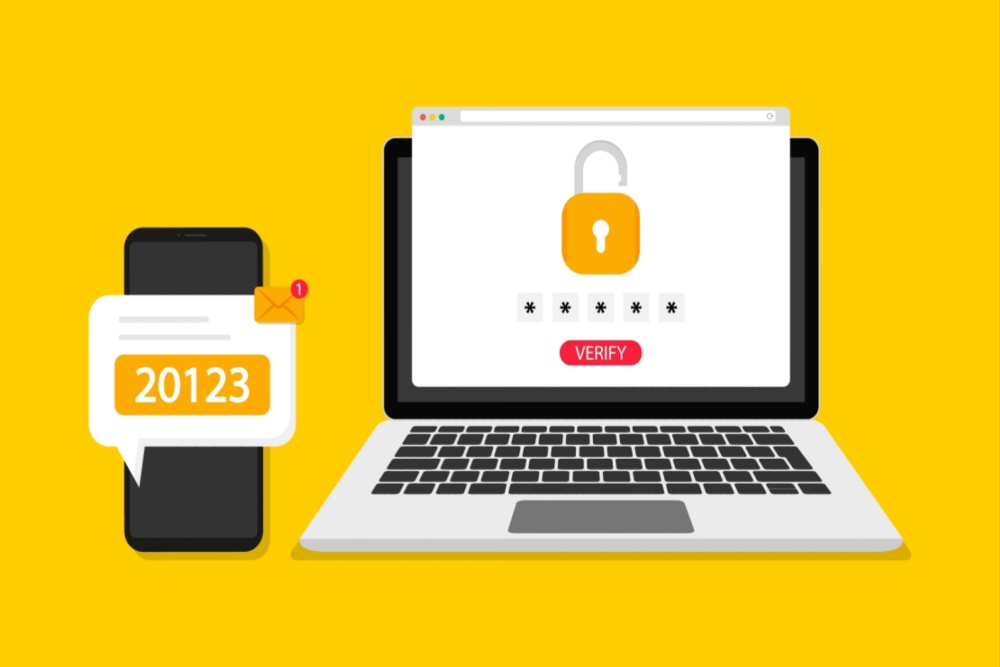I wrote last time about how to make sure your home Wi-Fi network is as secure as possible. Today I’m going to tackle the subject of public Wi-Fi networks. I’m going to focus on how you can ensure your public Wi-Fi security.
It’s commonplace these days to find a publicly accessible Wi-Fi network. In fact, we’re surprised when we don’t find public Wi-Fi in venues such as hotels, train stations, airports. Unfortunately, this Wi-Fi ubiquity, together with lax Wi-Fi network management by venue operators, makes public Wi-Fi a target-rich environment for hackers.
Trading Off Security and Convenience
Sadly, it’s not easy to tell if a public Wi-Fi network is secure or not. There are network characteristics to look for that will give you greater confidence in the security of a public Wi-Fi network. However, most users must decide if they trust the Wi-Fi network to be secure. The average user will not have the security training or tools to confirm the security of a public Wi-Fi network. You can and should take steps to ensure your public Wi-Fi security. But you also must balance the convenience of using a public Wi-Fi network against the risk that the network is compromised in some way. Here are a few tips.
- The first tip to ensure your public Wi-Fi security is to avoid the Wi-Fi network altogether. If the cellular network is robust and you can use your phone as a mobile hotspot, then you can skip using the public Wi-Fi network completely.
- You can also use a VPN, or virtual private network. VPN software will establish a secure connection (often called a “tunnel”) that will prevent hackers from snooping your data in most cases. The downside of using a VPN is that it introduces packet overhead, which can degrade voice or video connections. VPN software can also be cumbersome for users. If your device doesn’t have a VPN client installed, there are some point-of-use options. Read about them here.
- At a minimum, you should avoid sending sensitive data over the public Wi-Fi network. Save your online banking and shopping for when you can connect to a home or business Wi-Fi network that you know is secure.
More Tips to Ensure Your Public Wi-Fi security
- You want to make sure you are connecting to a real public Wi-Fi network vs. a fake one set up by a hacker. For instance, if you’re connecting to public Wi-Fi in a Hilton hotel, make sure the word “Hilton” is spelled properly in the network name.
- You can be more confident in the security of a public Wi-Fi network if they are using strong encryption. Your device’s Wi-Fi adapter will tell you this information. You want to see that the network is using the WPA2 encryption protocol. It’s even better if the venue changes the network password on a regular basis. If the network is using an older encryption protocol, called WEP, or no encryption at all, then you should treat the network has being insecure.
- Keep your operating system patched.
- You can also ensure your public Wi-Fi security by making sure the firewall on your device is active.
- You should close the ports on your device that don’t need to be used. But it can be hard to know what ports should be open or closed. As a simpler suggestion, don’t use your work device for online gaming or torrent services unless you know how to open and close the ports required for those services.
- Communicate using applications that employ Transport Layer Security (TLS). Fortunately, Microsoft and other application providers have tended to standardize on TLS. If your application is using TLS, make sure the version is at least TLS 1.2. Older TLS versions have security issues.
- Make sure the website you’re visiting uses SSL (Secure Socket Layer) encryption. You can tell this is the case if you see https: in the URL or if the browser displays a lock symbol in the address bar.
Use Your Best Judgment
As with other cybersecurity topics, my final tip to ensure your public Wi-Fi security is to use your best judgment. Do you notice unusual hard disk activity on your device? Is your device’s CPU working harder than normal? Is there anyone at the venue that doesn’t seem to have a reason for being there? You have good security Spidey sense; be sure to use it.





0 Comments